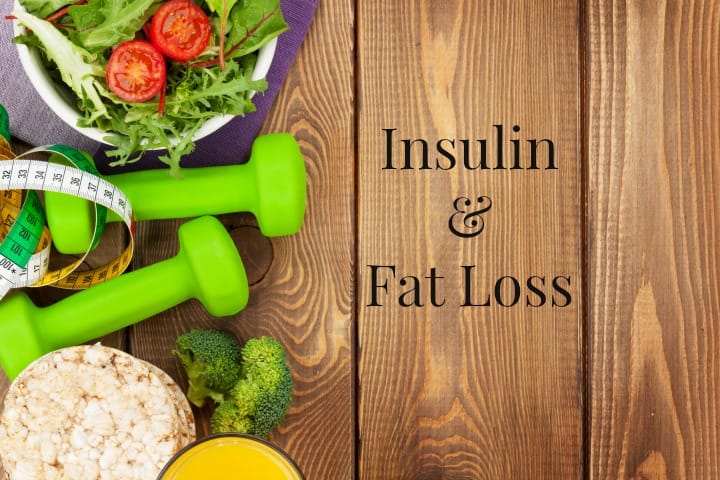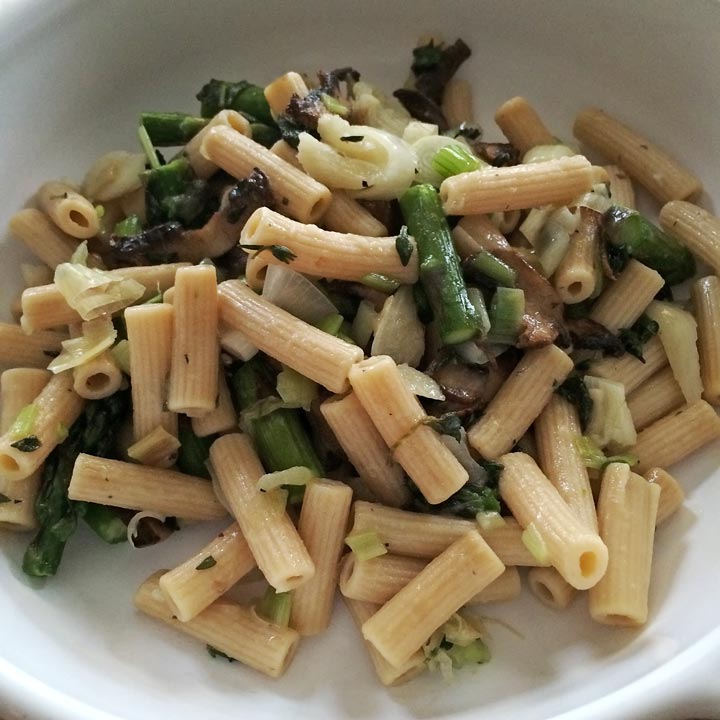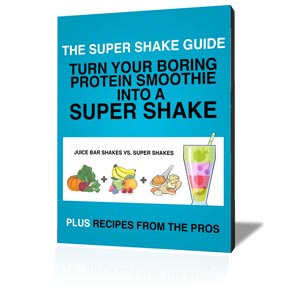You’re exercising on a regular basis. You’re committed to your daily walk, even when you have to do it after the sun has gone down or in the rain. You try lift weights twice a week. Although to be honest you might skip it when you spend a weekend at the lake.
You’re eating healthier too. It’s a work in progress but at least you’ve stopped depending on the drive-up for dinner. You’re eating an egg with your banana for breakfast. You’re having fruit for an afternoon snack instead of a Snickers. Yet on occasion you are still tempted by the homemade cookies in the break room…especially when you’re really stressed out. Those are the same days you are more likely to say YES when your husband offers to take you out for ice cream.
You feel like you’ve made a lot of positive changes. It only takes one trip to bring in ALL the groceries. Hiking with the family doesn’t require multiple rest stops. Your clothes fit better …but you also feel as though your progress has stalled. You’re working hard but your body seems to have stopped cooperating.
You’re frustrated and stumped. You look in the mirror and ask yourself,
Why can’t I lose more fat?
You HAVE made a lot of positive changes. You ARE moving in the right direction. You need to give yourself credit for all the hard work you do. It just may be time to work a little smarter. Now it’s time to get into the weeds and really understand how food quality impacts your ability to change the shape and size of your body. We need to talk about the big ways that insulin impacts weight loss.
Insulin is the hormone that allows glucose into the cells from the blood stream. Once in the cell, glucose has three options: use for energy, store as glycogen in the muscle or store as fat.
You have some degree of control over which of these options it chooses. If you don’t need the quick energy you’ve just provided your body to either fuel a workout in progress or to replenish after an intense sweat session your body is probably going to opt to store the excess energy as fat. By balancing your plate and choosing the type and timing of carbs wisely you can exert some influence over how insulin works in the body. But before you swear off bananas and bagels forever here are the ways The 4 Keys to Real Fitness can help you manage this fat storing hormone.
Strength training makes the muscles more sensitive to insulin.
All kinds of exercise burn calories, from both glucose and fat. Weight training, however, increases the number of glucose transmitters in the cells. If your insulin is working efficiently not only can you get the glucose where it needs to go more effectively, you also produce less insulin overall. Less circulating insulin means less stimulation of the huger hormone ghrelin and more of the satiety hormone leptin. This helps keep cravings in check. Plus weight training adds more lean muscle mass. More lean muscle mass means more of an opportunity to store carbs as glycogen and NOT fat. (That better booty you want is filled out with muscle AND carbs!)
Not all carbs are created equal.
You still need carbs! You don’t want to cut them out of your diet (don’t go less than 130 g per day) but you need to choose wisely. The best carbs come from fiber rich sources like vegetables, fruit and beans or when packaged with protein like dairy. Fiber and protein slow down the release of glucose into the blood stream, which means less of a sharp and sudden insulin spike. A sharp spike can mean a sharp drop as well, leading to that low blood sugar hangry feeling and cravings. The best way to stop this vicious craving cycle is to keep blood sugar and insulin as even as possible. Balancing your plate with fiber rich veggies, lean protein and healthy fat is the best way to keep your blood sugar and insulin in check.
There is a time and place for everything…even a pasta.
I would never tell you that bread, pasta and other processed and more sugary carbs are off limits. You just need to save your starchy quick acting carbs for when they can be best utilized: after a workout. Not only are the insulin receptors more sensitive but you also have the opportunity to store carbs in a useful way. An intense workout will deplete the glycogen stores in the muscles. After exercise your body wants to replenish those stores and a whole grain tortilla filled with beans and avocado or protein peanut butter on a sourdough English muffin is great way to do it. Insulin is also a growth hormone, so eating the starchier stuff after workout can help those gains too.
Don’t be fooled by supplements that claim to help you regulate blood sugar and burn fat. The best way to keep your insulin and blood sugar at optimal levels is the way nature intended: movement and nutrient dense minimally processed foods. When insulin levels are stable, fat burning is much more likely to happen.
Women spend a lot of time looking for hormonal answers to their weight loss problem. The hunch is correct but it’s often misplaced. Estrogen and thyroid do play a role in weight loss, metabolism and overall health. However, the hormone we need to look at first is insulin.
Of course insulin doesn’t act in vacuum. All your major hormones – insulin, cortisol, thyroid, estrogen and testosterone – work together. I’ve been working on a special hormone class to discuss how the 4 Keys to Real Fitness can help you bring some balance back to your hormone health. Leave your hormone questions in the comments so I have a better idea of what you want to know and stay tuned!




